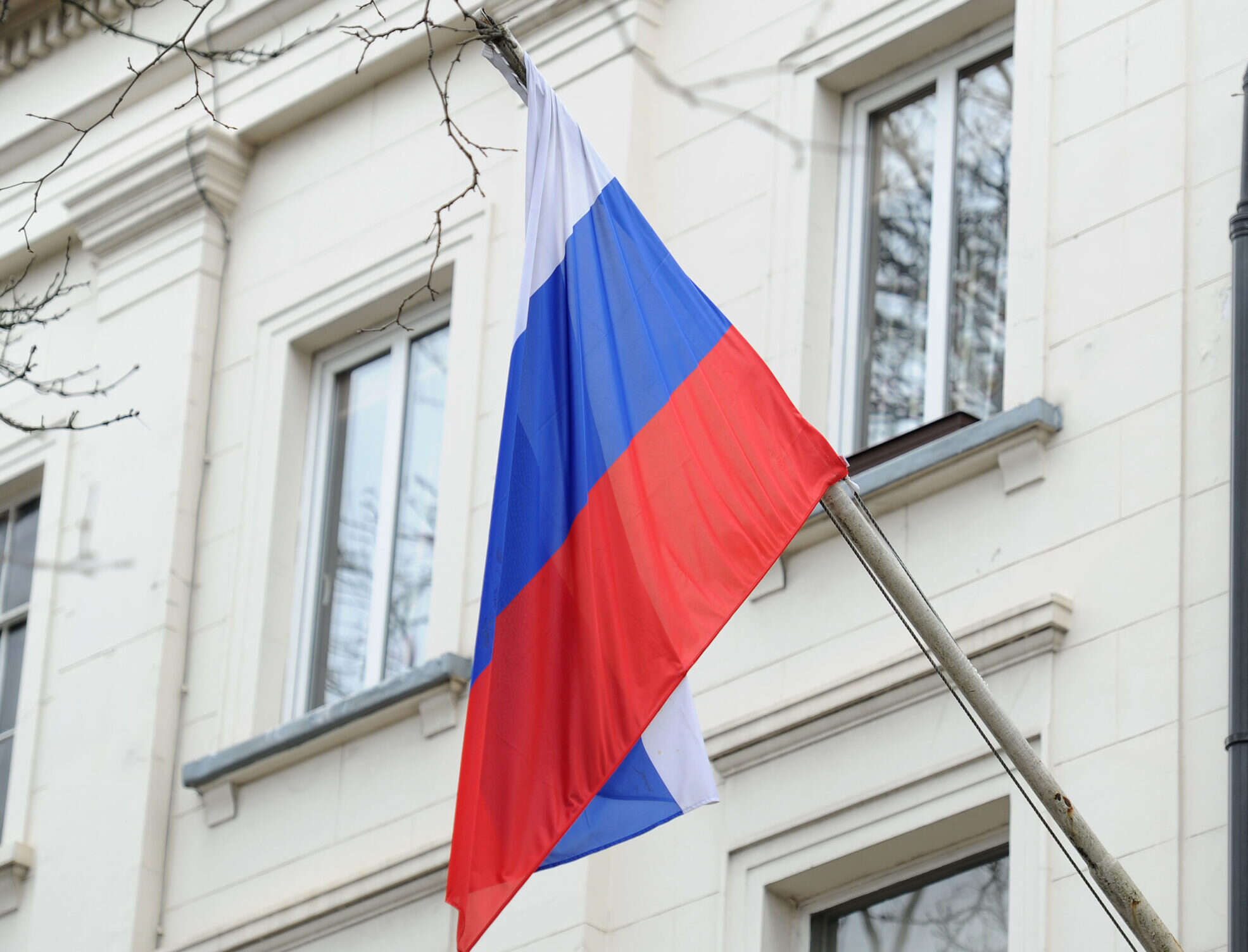
Social media companies are “failing to play their part” in defending against covert hostile state action on their platforms, such as that carried out by Russia, a new parliamentary report has said.
The Intelligence and Security Committee, which oversees the UK intelligence services, made the claim in its long-awaited report on Russian interference in British politics in recent years, including Brexit.
The committee has called on the Government to set up a protocol with social media companies “to ensure that they take covert hostile state use of their platforms seriously”, saying they “hold the key”.
It said there should be agreed deadlines for the removal of such material and that those who fail to act should be named and shamed.
The relationship built between the UK intelligence services and social media firms in dealing with terrorist use of social media “could be brought to bear against the hostile state threat”, the committee said.
“It is not clear to us why the Government is not already doing this.”
The Government said in its response: “We recognise that one of the most important levers to tackle disinformation and other forms of online manipulation is through building strong relationships with the social media companies to ensure that appropriate action is being taken to address issues on their platforms.”
It said its relationship with the social media companies “continues to evolve”, adding: “In the context of the Covid-19 response, we are learning valuable lessons which will be applied to our future approach to countering disinformation and other forms of online manipulation.
“While the Government welcomes the actions taken by social media companies thus far, including the cooperation they have shown in tackling these issues together, there still issues to be addressed.
“DCMS [Department for Digital, Culture, Media and Sport] will continue pushing platforms to take the actions necessary to improve and safeguard the information environment.”
Russian interference in Brexit vote
The ISC’s report said that while there had been widespread allegations of Russia seeking to influence the 2016 Brexit referendum, in particular through the use of bots and trolls, “the actual impact of such attempts on the result itself would be difficult – if not impossible – to prove”.
The committee said the UK Government was “slow to recognise” the existence of the threat of Russian interference in British politics and “did not take action to protect the UK’s process in 2016”.
The “hack and leak” operation against the US Democratic National Committee in late 2016 – exposing emails from Hillary Clinton’s presidential campaign – acted as a wake-up call to the UK Government, which created its long-term Russia Strategy the following year.
The committee said the Government should have seen the Russian threat as early as 2014 and described suggestions that Russia undertook campaigns to influence the Scottish independence referendum that year as “credible”.
The Government said it has “long recognised there is an enduring and significant threat posed by Russia to the UK and its allies” and that Russia “remains a top national security priority for the Government”.
The committee said that Russian influence in the UK is “the new normal”.
It pointed to Russians “with very close links to Putin”, who it said were “well integrated into the UK business, political and social scene – in ‘Londongrad’ in particular”.
The committee called for a separate assessment of Russian interference in the EU Referendum, equal to the US response to reports of interference in the 2016 presidential election.
The Russia report followed an inquiry spanning eight months. It was carried out by the ISC’s former members, chaired by Dominic Grieve MP. Its publication was delayed ahead of the December general election.
The committee is currently chaired by Dr Julian Lewis MP.
Email pged@pressgazette.co.uk to point out mistakes, provide story tips or send in a letter for publication on our "Letters Page" blog
